Louisiana held an interesting political climate during the American Civil War. It was a prominent slave state; by 1860, nearly half of Louisiana’s population came from slaves. However, the state also held one of the highest populations of free blacks than anywhere in the U.S. Many whites in the major cities favored emancipation.
When Louisiana separated from the Union in 1861, it brought to the Confederacy the largest city in the South that also had direct access to the Mississippi River. Lincoln called the Mississippi the “backbone of the Rebellion,” and New Orleans was a prized target for the Union Army very early on in the war.
According to Michael martin, director of the Center for Louisiana Studies at Lafayette, the years after the Civil War were especially hard on his state.
[text_ad]
“The post-Civil War years were a really tumultuous time for our state with carpetbaggers and radical reconstruction,” he told the Advertiser in a recent article. “So many people today don’t know much our own state’s history; it’s heartbreaking.”
He said that despite the feelings of emancipation held by some whites and blacks before the war, many Confederate veterans tried very hard to keep blacks from participating in their state’s government.
“The Civil War had ended but the violence continued. It became a kind of civil war within the state between freedmen and whites and between class groups,” Martin said.
You can learn more about professor Martin’s research and the Civil War history of Louisiana by visiting Lafayette’s Department of History website.

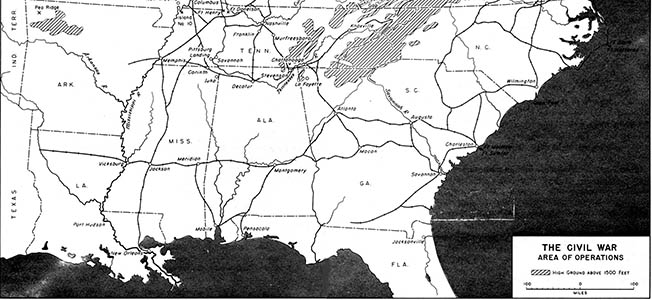
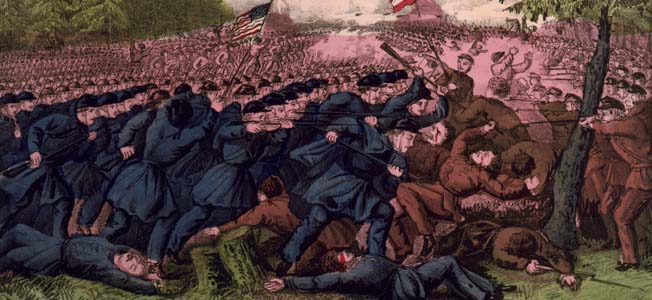
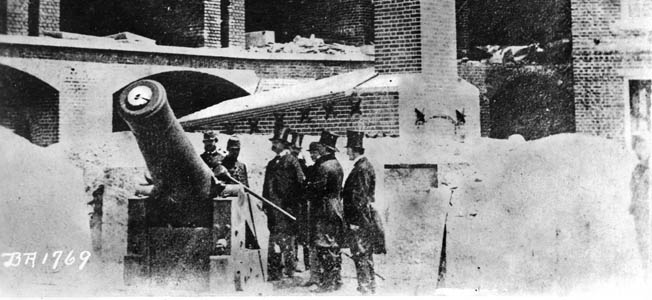
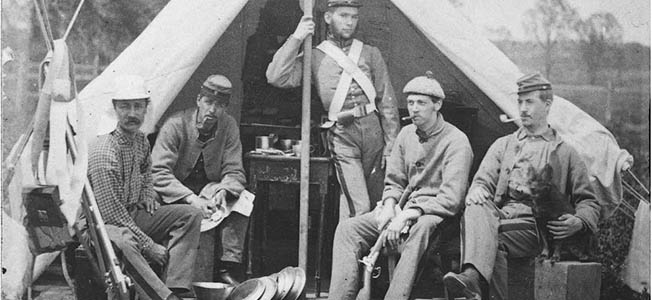

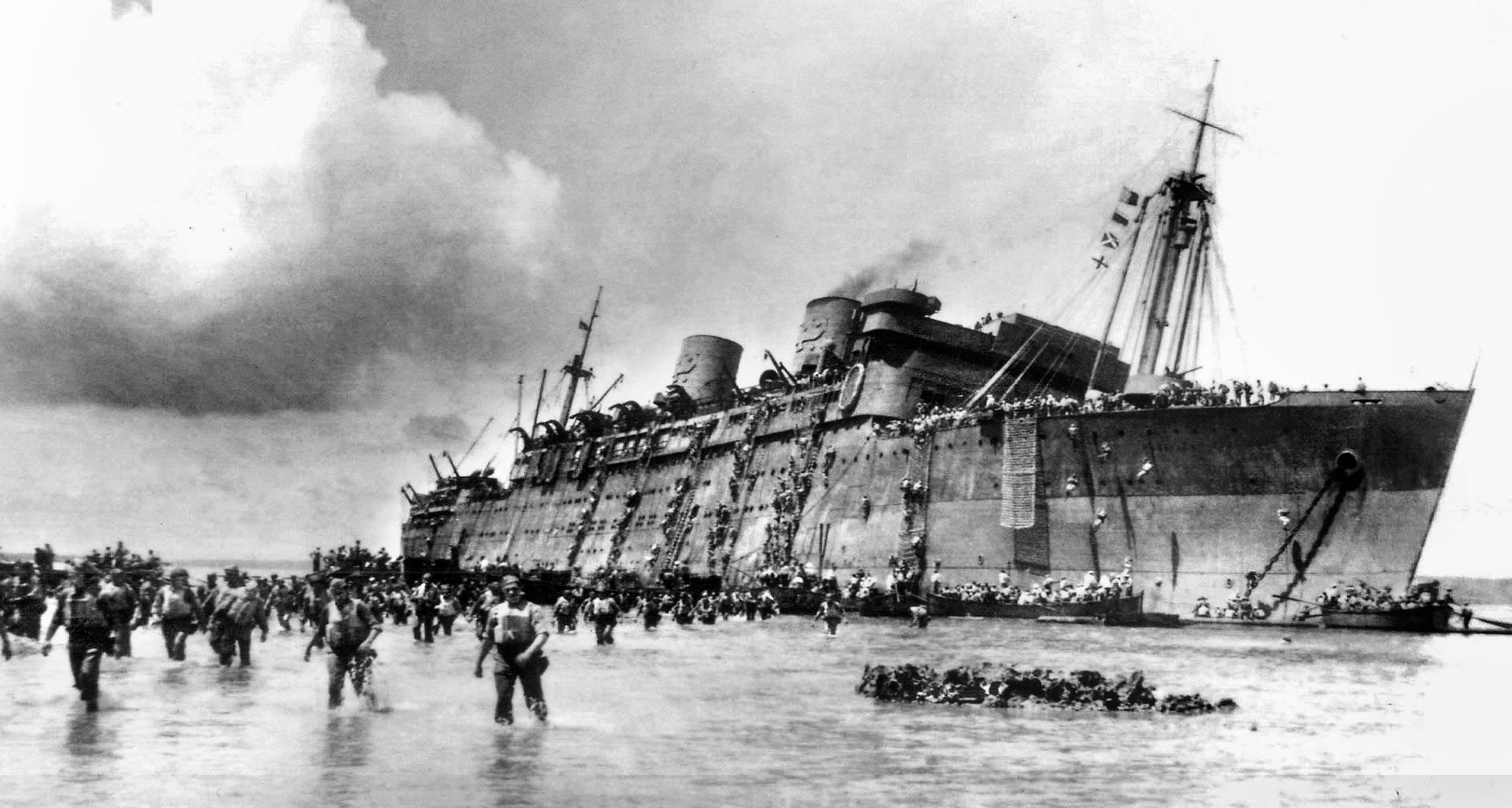
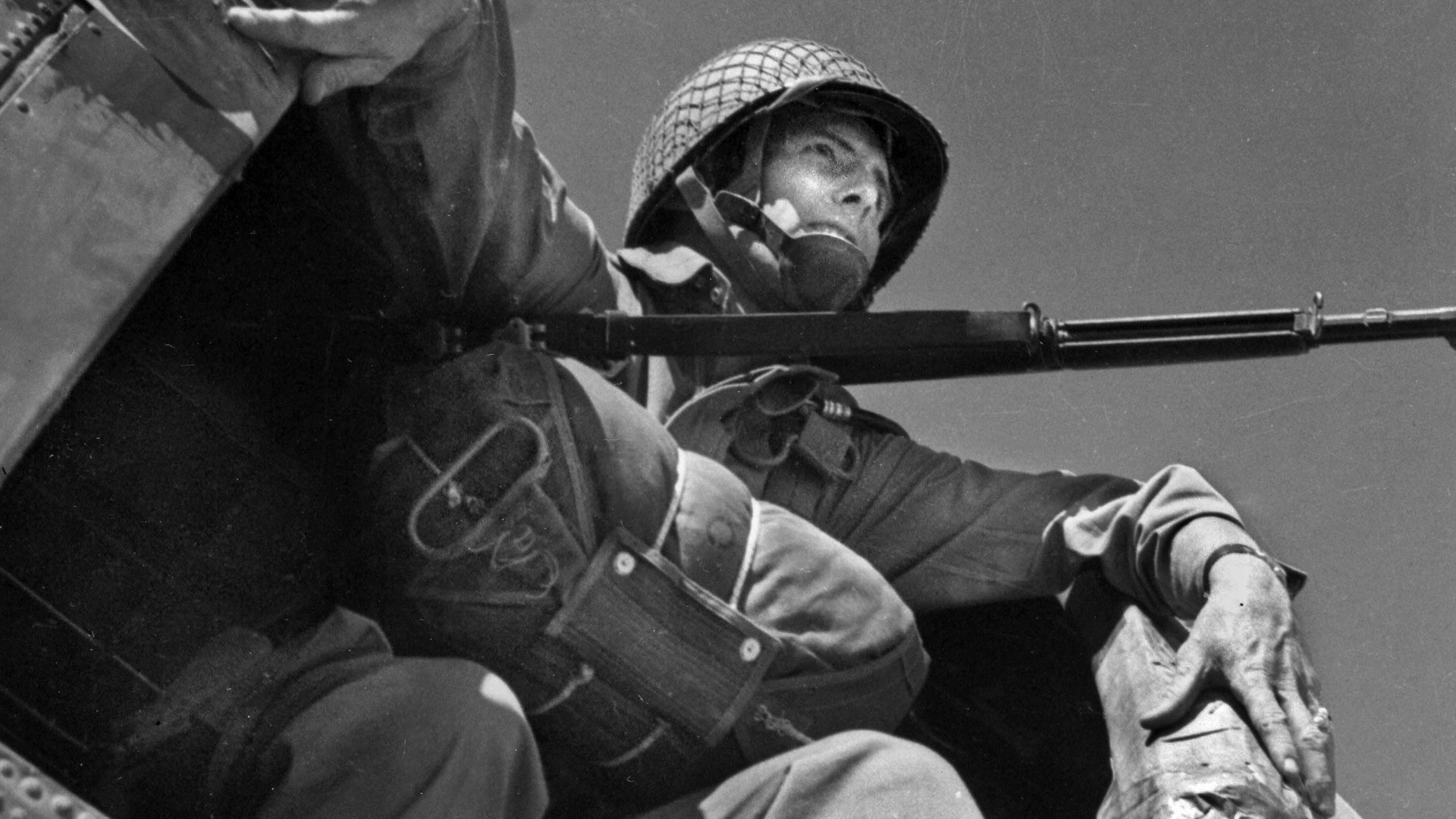

Join The Conversation
Comments
View All Comments